
How to Succeed as a Startup in 2024
22 November, 2023
For over a decade, startups ran on venture bucks. While interest rates were low, funds poured freely into hungry new companies. Valuations ballooned across industries propelled by cheap VC dollars.
But that era has ended. To tame inflation, rates rocketed in 2023. Money swiftly grew pricier. Startups now feel the financial strain.
Companies once flush with overflowing late-stage rounds face an uncertain future. Founders can no longer raise massive sums without scrutiny. Creative solutions are essential to sustaining vision in harder times.
Alternatives to Expensive Capital
What options exist with costlier loans? Some startups are cutting expenditures, extending runways. Others court Angel investors or crowdfunding.
Revenue-based financing provides cash upfront in exchange for a percentage of earnings. It shifts risk from startup to lender. For earlier stage, it's safer than loans if sales materialize.
Special purpose acquisition companies (SPACs) take private firms public. This backdoor listing avoids tough IPO scrutiny. Yet scrutiny of these "blank check" vehicles grows after many performer poorly.
Cryptocurrencies like Bitcoin also fund some ventures. This novel route is risky but interest continues among tech-focused startups comfortable with volatility.
Pivoting for Survival
The harsh new climate forces adaptation. Some perish unable to reform. Wise startups identify undeserved needs, rework models or innovatively finance growth. Success depends on addressing real problems amid fast-shifting sands. Determined ventures thrive on dynamics, not dependence. With ingenuity, growth may continue.
The Fleeting Nature of Trending Startup Industries
The rapid rise and fall of trending startup industries has been shortening the lifespan of once-hot sectors. Not long ago, cryptocurrencies and blockchain dominated conversations, with thousands of new crypto and blockchain startups emerging seemingly overnight. However, the crypto bubble burst just as quickly as it inflated, leaving many of those startups out of business within a year or two.
Now, artificial intelligence has taken the mantle as the most hyped industry for aspiring entrepreneurs. Massive sums of funding are pouring into AI startups working on applications such as machine learning, computer vision, and conversational interfaces.
While some of these companies are developing technologies that could truly transform our future, the gold rush mentality may be repeating the boom and bust cycle seen in crypto. Without sustainable business models or real users, the majority are at risk of burning through cash and disappearing just as swiftly as blockchain businesses did. If history is any indication, what was once a red-hot AI startup trend may cool down in the next year or two as well, leaving many founders back at the drawing board yet again chasing the next short-lived startup craze.
4 Keys to Startup Success in 2024
With so many startups facing challenges, what does it take to thrive? By focusing on capital, customers, and collaboration, your startup can weather any storm.
- Raise the Funds: Nearly 40% of failures are due to lack of funding. Have a well-thought plan to attract investors who believe in your vision.
- Find Product-Market Fit: Don't waste time on solutions no one wants. Test ideas, pivot quickly and ensure there is real demand for your offering.
- Build a Powerhouse Team: No founder is an island. Surround yourself with passionate people who complement your skills. Together you'll achieve far more.
- Stay Laser-Focused: It's easy to lose sight of your goals amid challenges. Keep priorities clear and relentlessly work towards customer happiness.
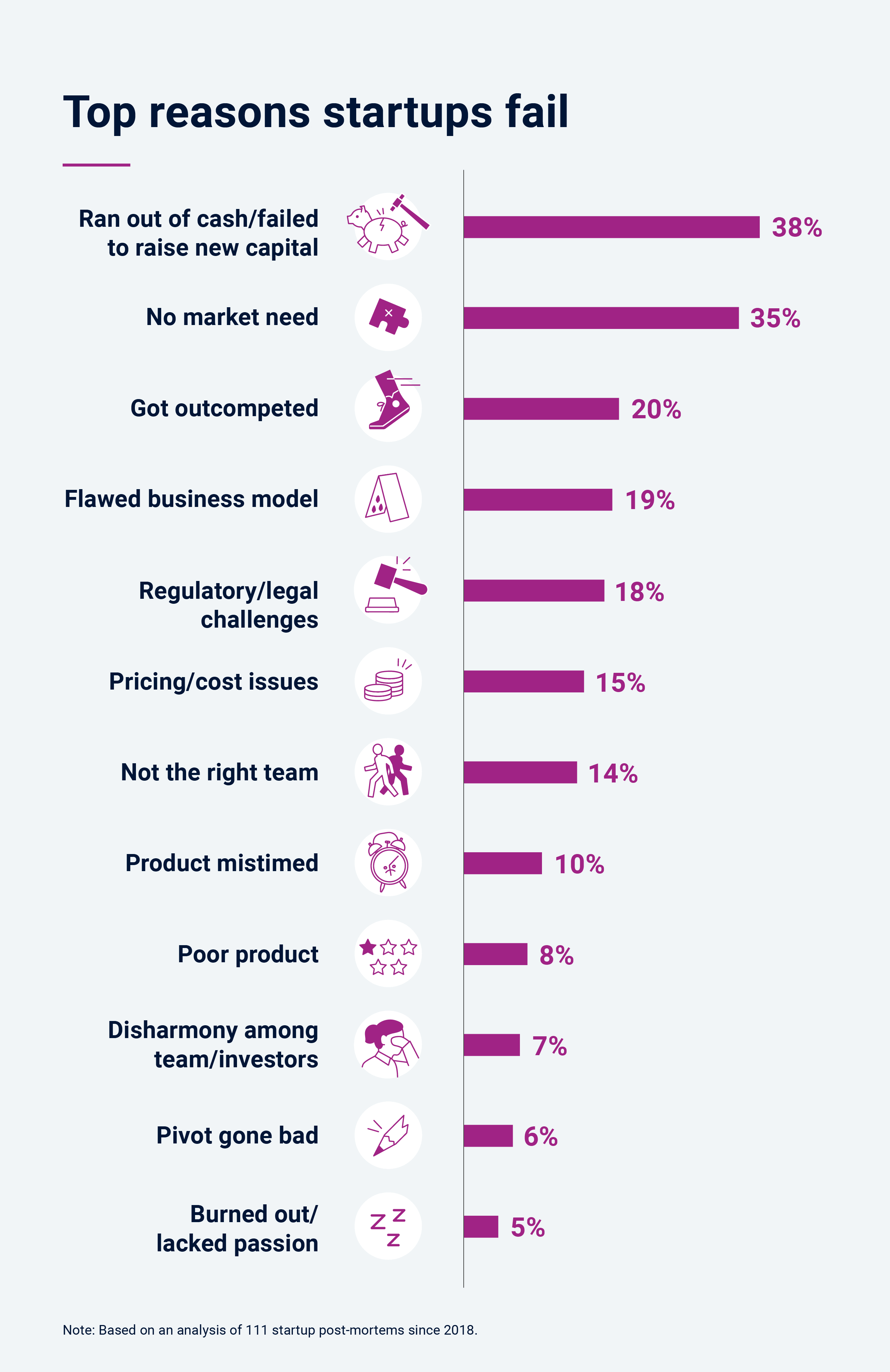
The Best Cities for Tech Startups in 2022
With so many great locations around the world, choosing where to base your startup can be a difficult decision. Here's a deeper look at some of the top-ranked cities according to recent startup ecosystem reports:
Silicon Valley
Remains the undisputed king when it comes to overall performance and track record of producing global tech giants. The region boasts unmatched access to capital, experienced talent, and a culture of innovation and risk-taking. Decades of success have built strong networks between entrepreneurs and investors. However, rising costs and competition have eroded some of its talent advantage.
Singapore
Has catapulted to the top for available engineering talent. The country makes large investments in education and its workforce is highly skilled yet affordable compared to other developed markets. A business-friendly government provides tax incentives for startups as well. While Singapore lacks Silicon Valley's brand cachet, its central location allows easy access to Asian markets.
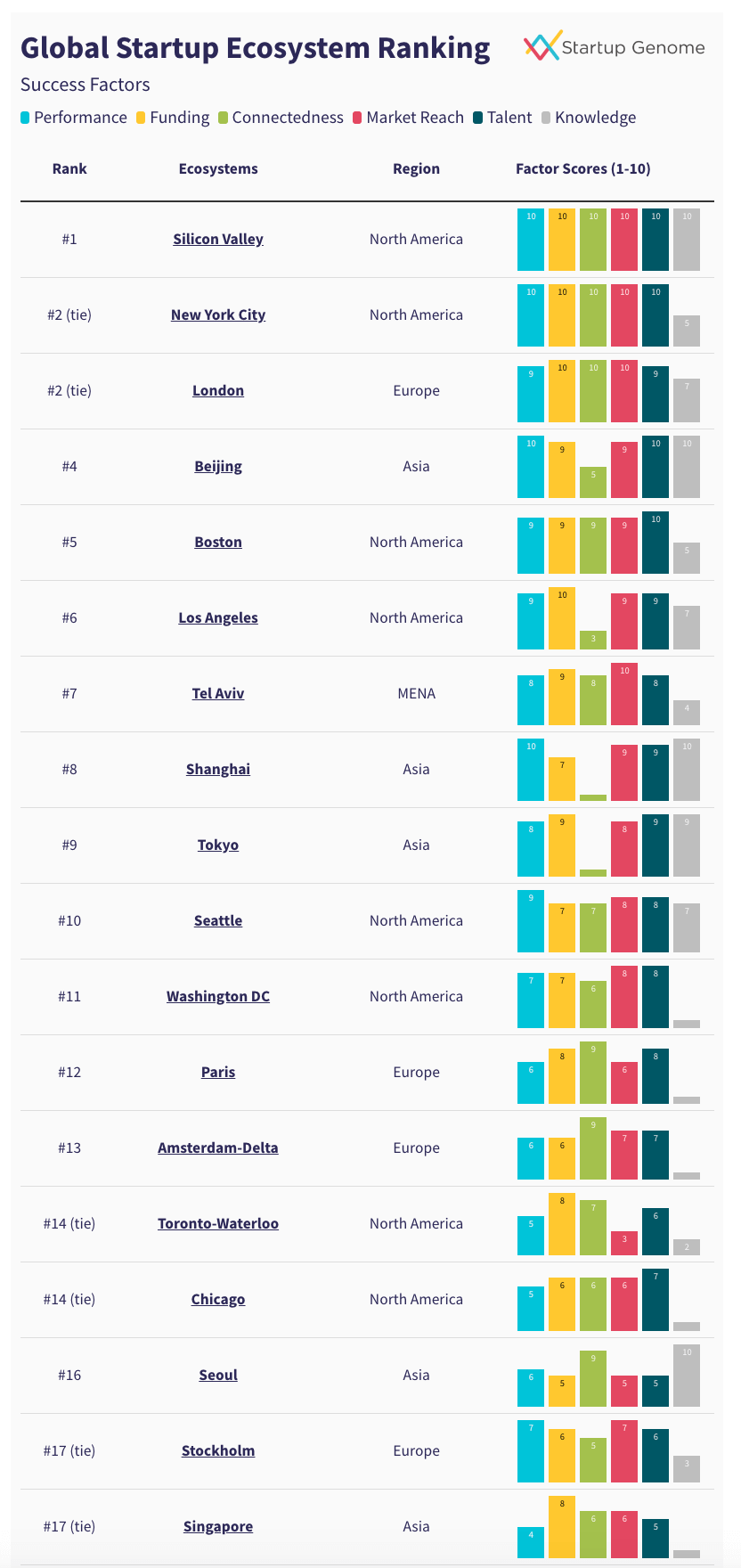
Beijing, Shanghai, and other major Chinese cities
Offer massive scale as the world's most populous nation undergoes rapid digital transformation. All sectors from fintech to transportation are ripe for disruption. However, political and censorship issues as well as a lack of IP protection remain concerns for foreign founders.
London
Continues strengthening its position as Europe's top tech hub. In addition to access to EU markets, London boasts top universities, a large pool of engineers, and the highest concentration of venture capital on the continent. A vibrant culture and use of English as the primary business language are further advantages.
Sydney
Has emerged as one of the fastest-growing ecosystems thanks to strong government support for startups. Australia offers a high quality of life and many opportunities in sectors like education technology and sustainability solutions. However, the city-state remains relatively isolated from other major markets.
Where will the future leaders emerge? These global cities offer compelling cases, but the right choice depends on your specific business goals and risk tolerance. With so many promising locations, the world is your startup's oyster.
What are the main factors that you should consider while deciding where to establish your startup?
- Talent - Access to top engineering talent is crucial, especially for tech startups. Look for cities with top universities producing skilled graduates in your industry.
- Funding - Locate in areas with active venture capital communities that support startups at early stages. Some governments even offer grants and tax incentives.
- Startup Community - Being part of a vibrant startup hub allows you to learn from more experienced founders, meet potential co-founders, and get feedback on your ideas. Communities tend to be collaborative versus competitive.
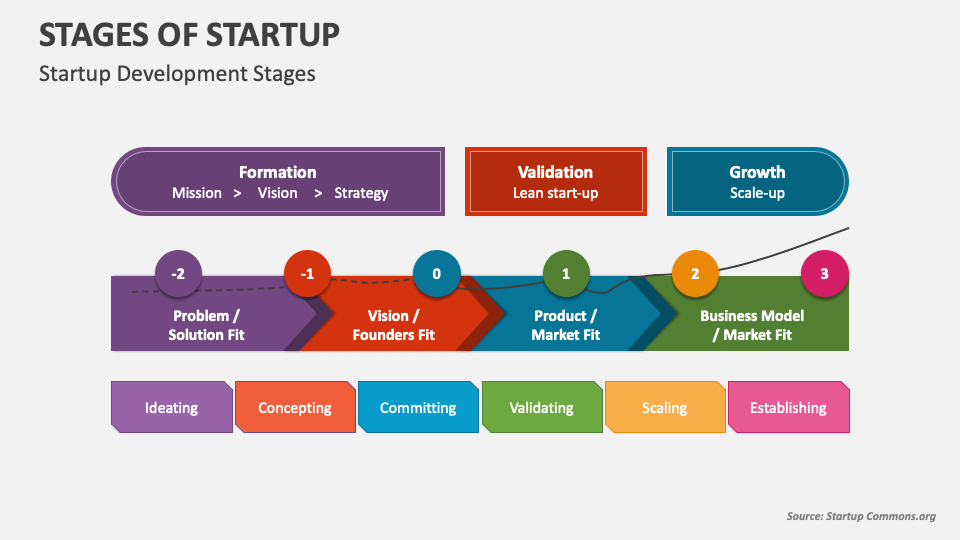
- Cost of Living - High costs can quickly drain startup funds before revenue comes in. Consider more affordable cities that still offer talent and opportunities.
- Quality of Life - Founders will spend long hours working. Make sure the city offers amenities that maintain well-being like culture, outdoor activities, reasonable work-life balance.
- Access to Customers/Markets - Choose a base close to your target users or distribution channels depending on your industry. Consider cities with global connectivity.
Weigh these factors based on your specific business needs. Thriving startup communities with the right support structures can give your new venture the greatest chance of success.
Let's explore some promising areas for exciting new startups. Healthtech is bursting with potential, from telemedicine apps to wearable medical devices to precision medicine powered by AI. Fintech is transforming how we manage money, invest, get loans, and more through innovations like digital payments, robo-advisors, blockchain, and AI. Agriculture technology (agtech) is using automation, IoT sensors, computer vision and other innovations to improve farming efficiency and sustainability. Other fields like cybersecurity, autonomous vehicles, space tech, robotics, 3D printing, renewable energy, and biotech are all attracting emerging startups tackling huge problems with cutting-edge solutions. The accelerating pace of technological progress coupled with rising consumer expectations has set the stage for entrepreneurs to build new companies across industries.
Health and Wellness
The pandemic sparked a major shift in priorities as health and wellness rose to the top. With so many reevaluating what's important, it's now a key factor in employee retention and engagement.
Retaining Talent Through Wellbeing
Nearly half of HR leaders cite retention as a challenge. But offering work-life balance and wellness support engages staff - up to 93% of tech companies are improving flexibility and over half cover mental health benefits.
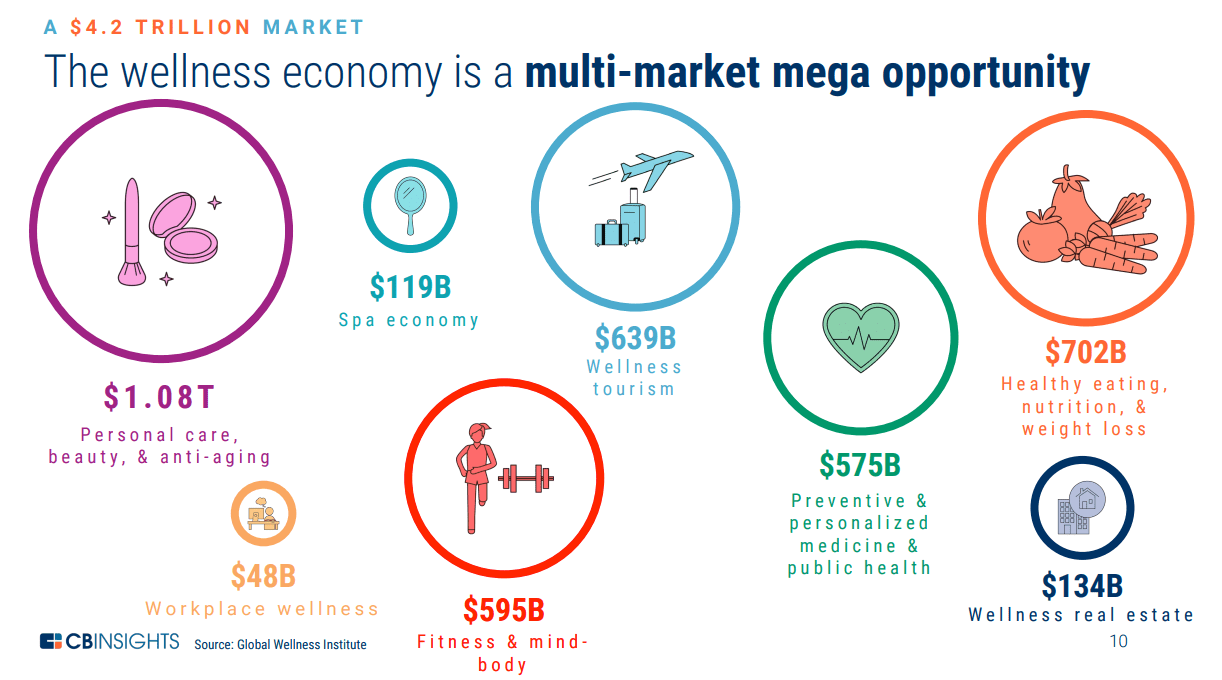
Caring for the "Whole" Employee
By accommodating personal needs, companies show they value employees holistically not just as workers. This strengthens relationships and commitment to the organization.
Investing in the Future
Given the retention landscape, over 50% of employers feel wellness benefits will grow in importance in coming years. This long-term view of supporting staff health and wellbeing builds loyalty for years to come.
As priorities were reframed during the crisis, wellness emerged as vital for productivity, experience and the future of work. It's front and center in the new normal.
Tech and Data
Adopting Remote-First Tech
With flexible work here to stay, startups are leveraging tools to power productivity from anywhere. Predictive analytics, AI and automation help streamline processes in distributed teams.
Optimizing Agile Development
While widely adopted, agile can breed stress without the right approach. Startups are using techniques and tools to remove friction, enforce best practices and streamline this software methodology.
The Rise of No-Code/Low-Code
By allowing custom apps and websites via a drag-and-drop interface instead of coding, these platforms have taken off. They require minimal technical skills and let anyone quickly prototype ideas or build internal tools at speed.
Empowering Non-Technical Founders
No-code gives all founders the ability to rapidly test concepts and MVPs without a heavy technical co-founder. This lowers the barrier to entry for testing business ideas.
As remote work takes hold, startups are leveraging the latest technologies to power productivity while optimizing developer workflows. No-code in particular has opened many doors by putting building blocks in the hands of all founders.
ESG and Sustainability
Environmental, Social and Governance factors are top of mind for investors today. Over $30B has flowed into sustainable finance funds as impact becomes just as important as returns.
Proving Your Purpose
Startup founders must now clearly outline their positive effects on people and the planet. From seed to growth rounds, VCs assess how companies incorporate ESG into strategy and operations.
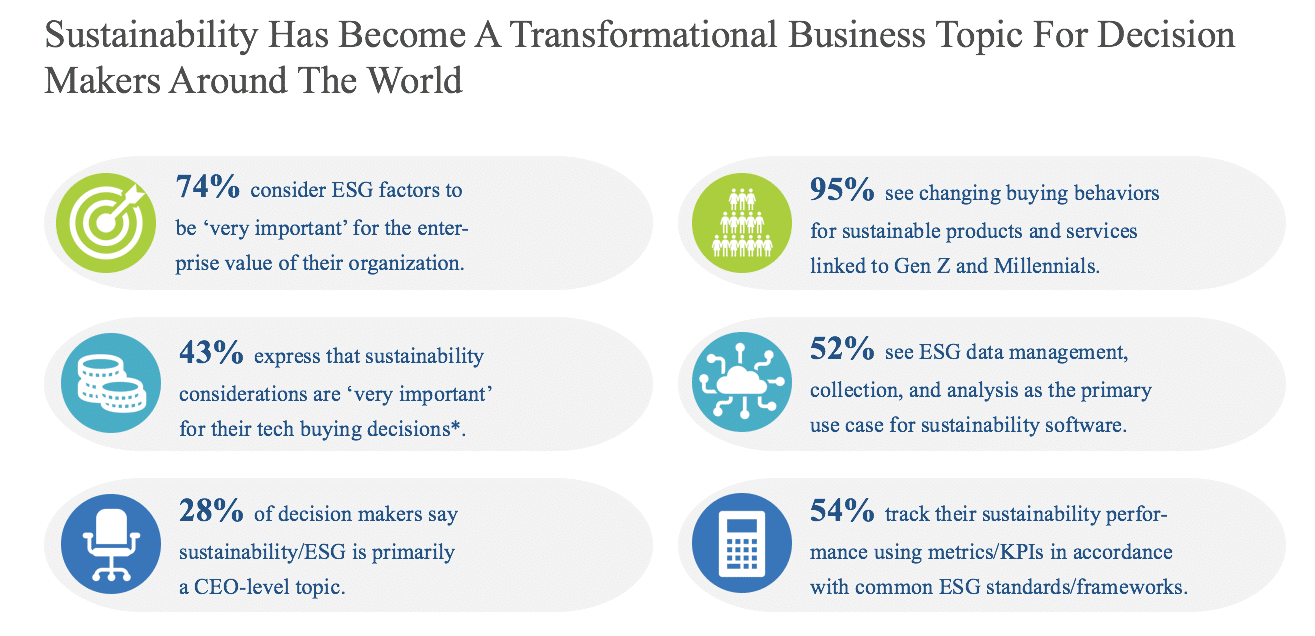
Gaining a Competitive Edge
Demonstrating strong ESG performance through metrics and key initiatives gives startups an edge over peers. Customers and employees also increasingly favor purpose-driven brands.
Future-Proofing Your Business
Regulations around sustainability are increasing globally. Adopting ESG principles ensures compliance and prepares companies for what's to come down the line.
In this era defined by stakeholder capitalism, startups ignore ESG at their own peril. Incorporating impact can unlock funding and open new doors for high-growth companies.
Agricultural Technology Agtech
The Future is Regenerative
As populations grow, simply sustaining agriculture is no longer enough. Regenerative practices aim to actually improve soil quality and reverse environmental impacts over time through natural processes.
Innovating to Facilitate Change
Agtech solutions like IoT soil sensors and supply chain management software can help farms transition by measuring progress and optimizing operations.
Biomanufacturing: The Next Frontier
Similar to bioprinting but on an industrial scale, this emerging field is creating artificial meat through cellular agriculture. It could provide a more sustainable protein source and reduce agriculture's environmental footprint.
Moving Beyond "Sustainable"
While an important step, maintaining the status quo with sustainable practices isn't sufficient given current degradation levels. Regenerative agriculture, aided by innovative technologies, offers real potential to restore balance. As societies demand regeneration, agtech founders have a major opportunity to develop solutions facilitating this paradigm shift in how we produce our food.
Biotech
The Rise of Digital Therapeutics
Digital solutions are transforming how healthcare is delivered and experienced. Startups in this space have a major opportunity to develop the next generation of care.
Personalized Prevention and Treatment
Digital therapeutics pair medical devices and software to remotely monitor specific conditions, delivering personalized care plans based on individual health data.
Improving Access and Outcomes
By reducing costs and increasing convenience, these solutions can help more patients access quality care. Early results also show they can meaningfully improve treatment outcomes.
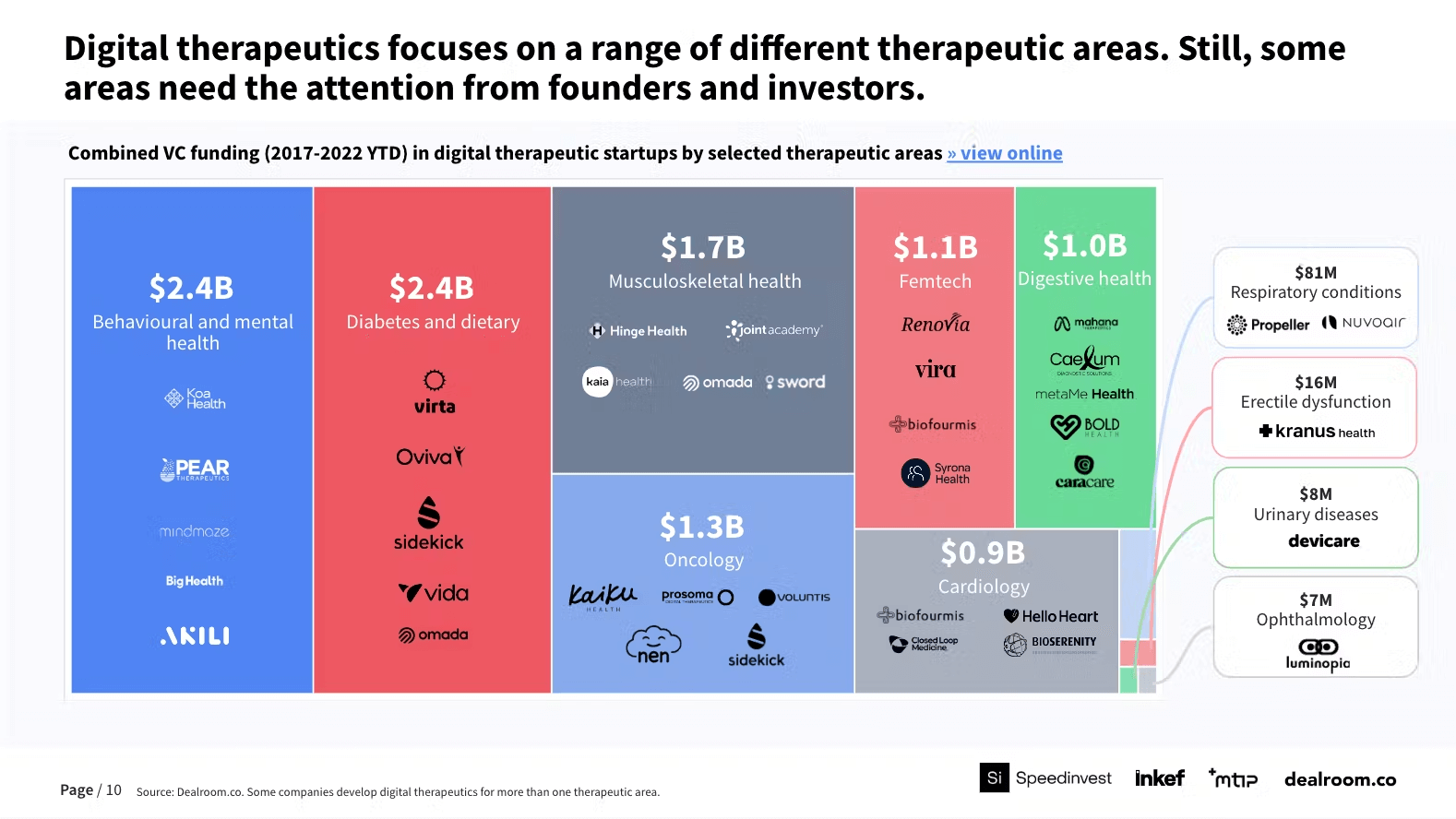
Validated Effectiveness
As the evidence base grows, FDA clearance and insurance coverage are expanding for prescription digital therapeutics, validating their clinical and economic value within the healthcare system.
Partnerships are Key
Collaborating with providers, insurers, and digital health platforms will help startups in this space scale solutions and drive mainstream adoption.
The digital transformation of healthcare is in early innings. Founders focused on validated therapeutic applications have a major opportunity to disrupt care delivery.
Notable New Companies Disrupting Category Leaders
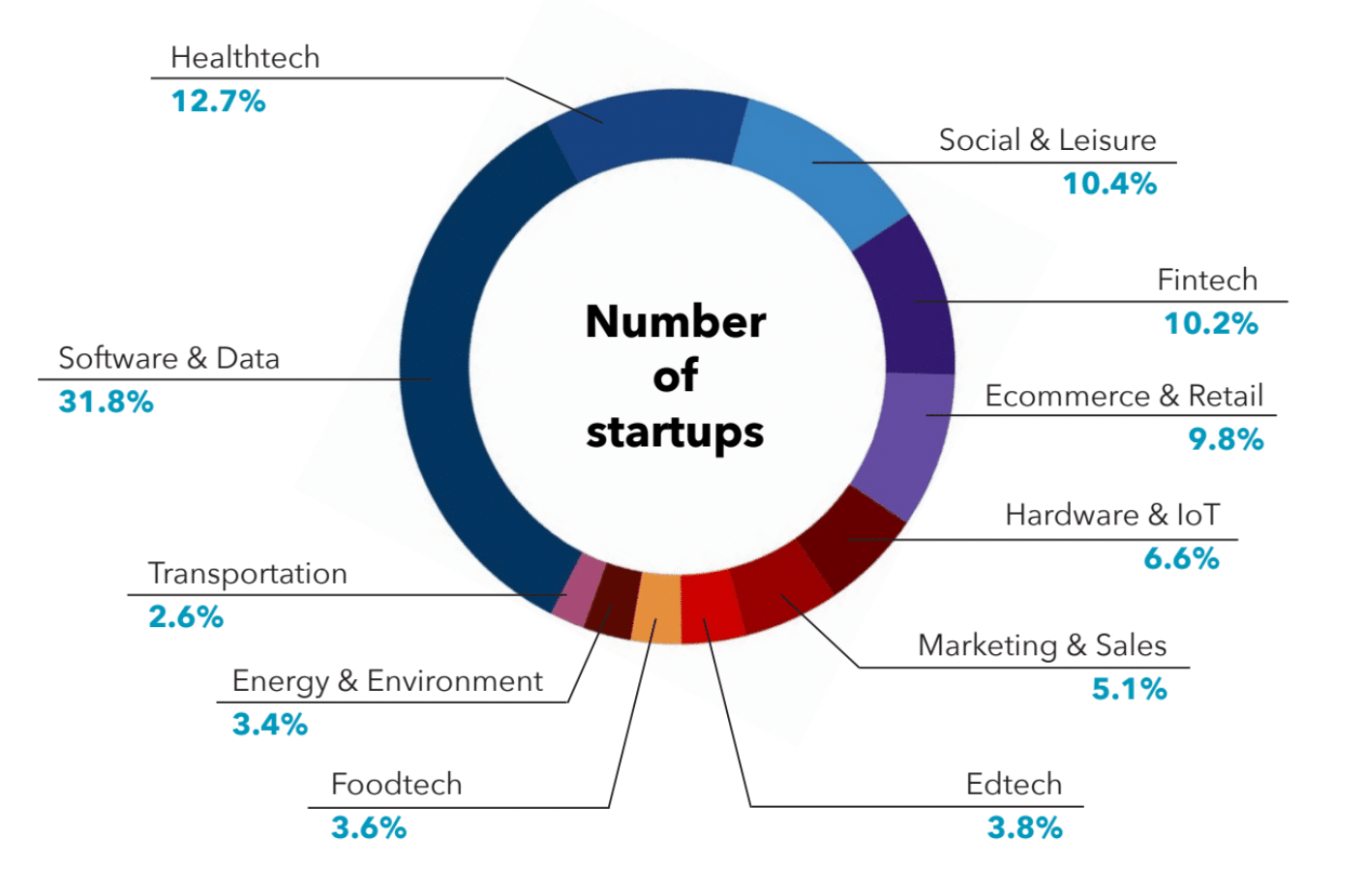
Digital Health Startups
Medadom: This French telehealth startup brings virtual doctors visits to patients through online video consults via their web platform or physical kiosks.
Electric Car Startups
ZEEKR: Geely's premium brand ZEEKR is targeting young drivers in China with high-end electric vehicles customized for the mobile Gen Z generation.
Marketplace
Homeaglow: An online house cleaning marketplace connecting homeowners to verified professional cleaners for one-time or monthly subscription-based cleaning needs.
Flutterflow
FlutterFlow: This low-code development platform allows non-developers to easily build feature-rich native mobile and web apps using a visual drag-and-drop interface.
Climate Tech
GivEnergy: A UK-based startup enabling users to generate, store, buy and sell renewable energy while monitoring home energy usage via a smart platform.
Cybersecurity
Flock Safety: Leveraging computer vision and audio detection, this startup helps law enforcement identify suspicious activity and reduce crime while respecting citizen privacy.
Fitness and Healthcare
NutriSense: Offering customizable continuous glucose monitors and a companion app, this company is improving diabetes management through convenient 24/7 blood sugar tracking.
Legal
Casetext: An AI-powered legal research and writing platform helping attorneys efficiently discover relevant case law, annotate documents and collaborate to strengthen their cases.
Payment
DailyPay: Giving employees access to earned but unpaid wages on-demand through an app, avoiding payday loans and allowing for better personal cash flow management.
Startup Funding
Crowdfunding's Continued Growth
Platforms like Kickstarter and Indiegogo have disrupted early funding, helping raise over $1B annually. However, more than 300K Kickstarter projects failed to meet goals in 2022, showing the competitive nature. StartEngine allows crowdfunding for overall capital.
The Rise of Non-Dilutive Options
As valuations adjust, founders seek financing that doesn't require giving up equity. Popular non-dilutive sources like grants, loans, and revenue-based financing are on the upswing. Revenue-based financing especially is projected to surge 61% by 2027.
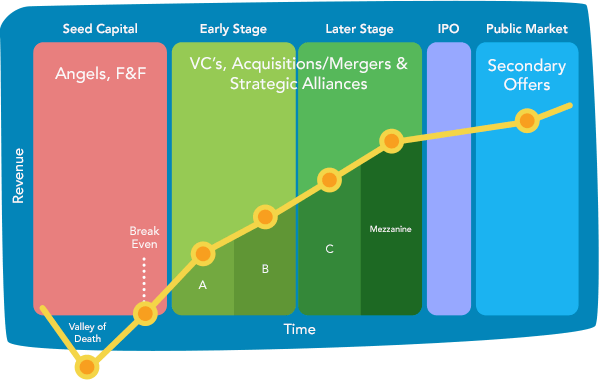
M&A Deals Replace Late-Stage Dollars
Venture capital financing has slowed, but mergers and acquisitions are filling the void. Despite economic headwinds, consolidation spending remains strong. This could birth new unicorns as startups pursue alternative exits in the face of dwindling late-stage rounds.
Funding Landscape Gets Creative
Amid a shifting environment, founders must explore new pathways like crowdfunding and non-dilutive deals. With the right innovative strategies, startups can still attract vital financing to fuel their ambitions. The next year will showcase both challenges and opportunities in this evolving space.